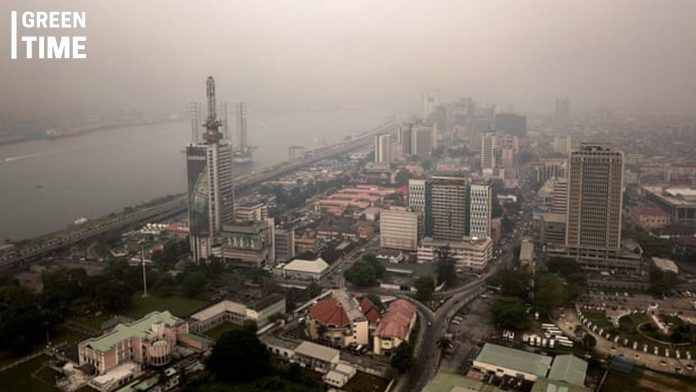Nearly 2,000 children under five die every day due to air pollution, making it the second biggest health risk for young children worldwide, according to a new study by the Health Effects Institute (HEI). In 2021, over 8 million deaths globally were linked to air pollution, which has surpassed tobacco use as a leading cause of death, second only to high blood pressure.
The 2023 State of Global Air report, produced by HEI in partnership with UNICEF, highlights the disproportionate impact on children in low and middle-income countries. In Africa, the death rate from air pollution for children under five is 100 times higher than in high-income countries. Lead author Pallavi Pant emphasized the severe burden on vulnerable populations.
PM2.5 particles, smaller than 2.5 micrometers in diameter, are responsible for over 90% of air pollution-related deaths. These particles penetrate the bloodstream, causing lung disease, heart disease, stroke, diabetes, dementia, and miscarriage. The report underscores PM2.5 pollution as a consistent predictor of poor health outcomes globally.
UNICEF’s deputy executive director, Kitty van der Heijden, stressed the urgency of addressing this issue, noting the profound long-term impacts on children’s health and wellbeing. The climate crisis exacerbates air pollution, with severe droughts, wildfires, and dust storms increasing particulate matter in the air. Higher summer temperatures also heighten the effects of pollutants like nitrogen oxides, contributing to ozone formation and related health risks.
Indoor air pollution, primarily from cooking with dirty fuels, caused about half a million child deaths in 2021. Transitioning to cleaner cooking methods, such as solar cookstoves, could significantly reduce PM2.5 emissions and improve health outcomes. Currently, 2.3 billion people lack access to clean cooking fuels. The International Energy Agency (IEA) estimates $4 billion annually is needed to address this issue in sub-Saharan Africa alone.
IEA executive director Fatih Birol called for global prioritization of air pollution, highlighting its impact on health, climate, economies, and gender equality. The report, using data from the 2021 Global Burden of Disease study, reveals the pervasive nature of air pollution and its deadly consequences.

